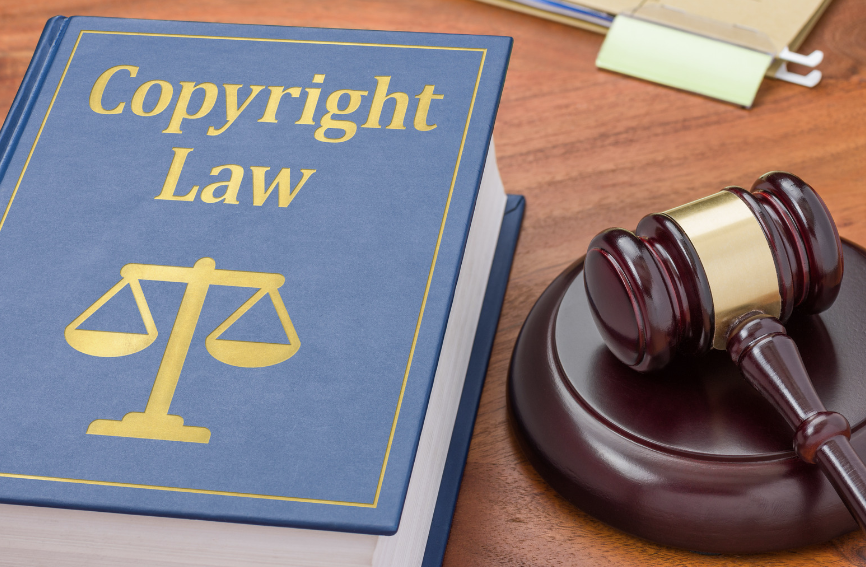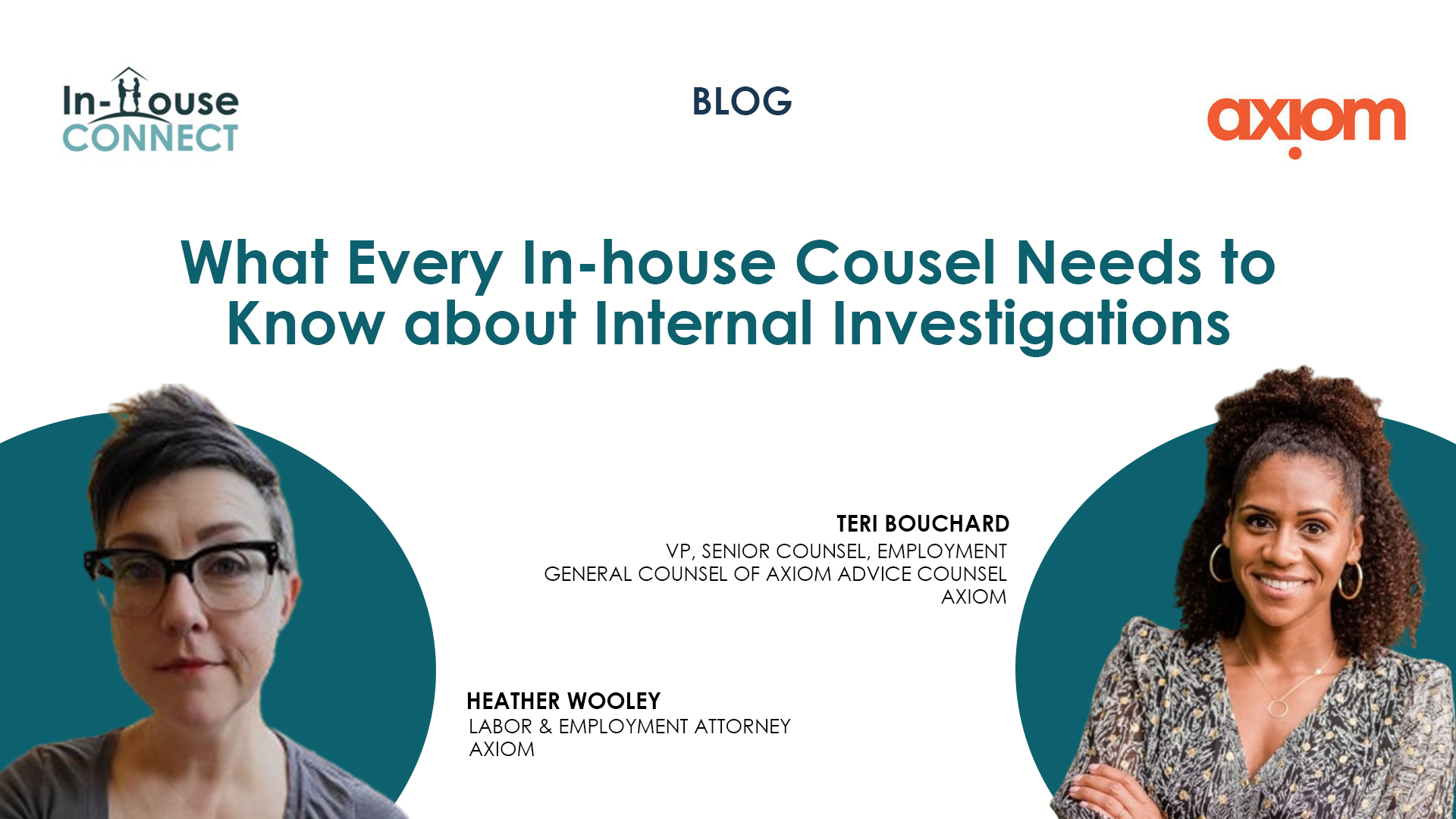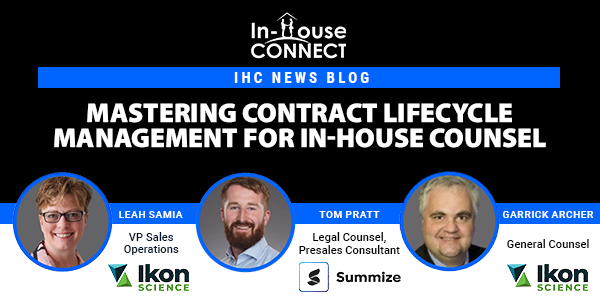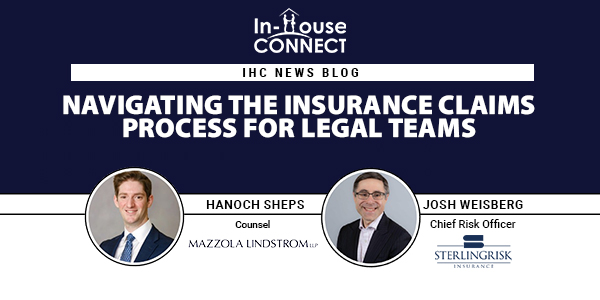In the recent In-House Connect webinar “Navigating the Latest Developments in Copyright and Trademark Law for In-House Counsel,” legal experts Craig Hilliard and Gene Markin of Stark & Stark shared invaluable insights on protecting and managing intellectual property in today’s fast-evolving digital landscape. The session provided critical guidance on recent legal developments, risk management strategies, and effective portfolio protection.
Here are the top five key takeaways from the webinar:
- Comprehensive Plans for Copyright Protection
Businesses should develop thorough plans to protect their copyrightable work, particularly in industries reliant on creative content. The Warner Chappelle case highlights the importance of timely copyright claims and the potential to recover damages from earlier infringements if diligent monitoring of the copyright portfolio is demonstrated.
- Trademark Benefits and Categories
Trademark protection is crucial for brand identity. Federal trademark registration offers nationwide protection and advantageous litigation positioning. Trademarks can be categorized as generic, descriptive, suggestive, or arbitrary, with arbitrary marks providing the highest level of protection. Actively advertising and distinguishing trademarks is essential to maintaining and strengthening rights.
- Risk Management and Monitoring Competition
Monitoring market competition is vital for detecting and addressing false advertising or infringement. Proactive marketplace scanning is essential for protecting intellectual property. The concept of laches, where delaying legal action can result in losing the right to enforce trademark protections, was also highlighted.
- Section 230 of the Communications Decency Act
This act provides protections to online service providers and interactive computer services against liability for defamatory content created by third parties. It has played a critical role in cases like Yelp’s immunity in the Hassell v. Bird case, reaffirming that Section 230 grants broad immunity and makes it challenging to hold service providers liable for user-generated content.
- Impact of AI and Copyright Law
The evolving nature of AI technology has significant implications for copyright law. Currently, AI-generated content is not protected by copyright, as seen in the Thaler v. Perlmutter case. Ongoing cases like Conquered Music Group v Anthropic and New York Times v AI companies continue to challenge this legal area. Timely copyright registration of creative works is recommended to benefit from presumption of ownership and eligibility for statutory damages.
The webinar provided critical updates and strategies essential for in-house counsel to effectively navigate the modern landscape of copyright and trademark law. By developing comprehensive protection plans, understanding the categories and benefits of trademarks, actively monitoring the marketplace, and staying informed about recent legal developments, legal professionals can better safeguard their organizations’ intellectual property. Seeking the guidance of experienced legal professionals remains crucial in managing these complex and rapidly changing legal challenges.
Missed it? You can watch it now via IHC On-Demand!







